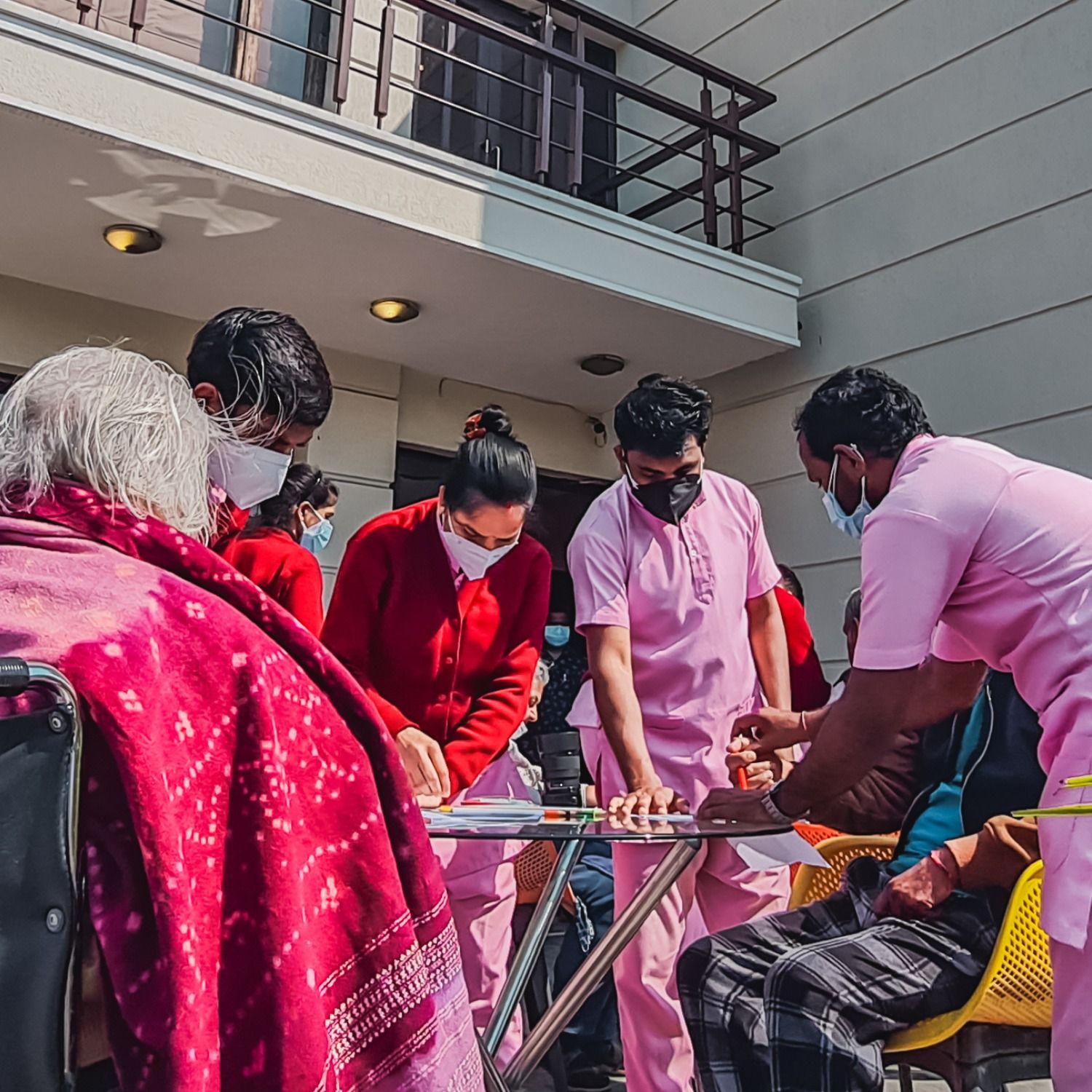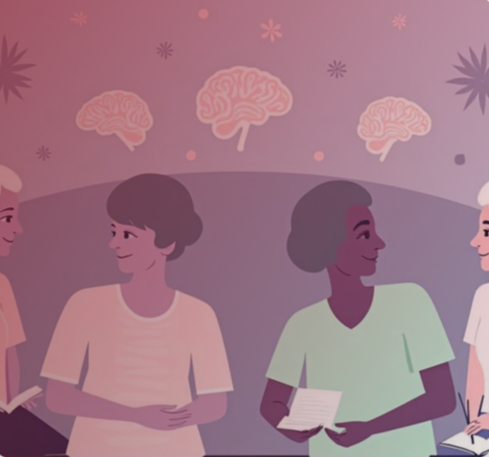Are Women More Likely to Develop Dementia? It’s Time We Look Closer
Think about the women in your life your mother, your grandmother, maybe even your favourite aunt. They’re the ones who always seem to know what everyone likes for dinner, who needs a reminder about an upcoming birthday, or where the family’s old documents are tucked away. In many Indian households, it’s the women who keep things running, not just practically, but emotionally too.
So, when they start forgetting small things like where they kept the electricity bill, or they lose track of what they were saying mid-sentence, it’s easy to shrug it off. “It’s just age,” we tell ourselves. But that’s not always the case. Sometimes, these lapses are among the
earliest signs of dementia. And here’s the hard truth: women are more at risk.
A 2023 report from the Alzheimer’s and Related Disorders Society of India (ARDSI) found that nearly 8.8 million elderly individuals in India are affected by dementia. Out of these, women account for a significantly higher percentage: about 9 percent of women over 60 show signs of dementia, compared to 5.8 percent of men. That’s a considerable gap. It raises a big question: What’s behind this gender difference?
It's Not Just About Living Longer
Yes, women tend to live longer, and age is the biggest risk factor for dementia. But that doesn’t tell the whole story. Hormonal changes, especially after menopause, are believed to play a role. Estrogen, which is thought to support brain function, drops significantly after menopause. Researchers believe this decline may increase vulnerability to cognitive decline over time.
There’s also the matter of genetics. The APOE-e4 gene, linked to a higher risk of Alzheimer’s, appears to affect women more strongly than men. Multiple studies, including those published in The Lancet Neurology and JAMA Neurology, support this.
Life Experience Shapes Brain Health
Another piece of the puzzle is “cognitive reserve,” the brain’s capacity to cope with damage. It’s built over time through education, mentally engaging activities, and lifelong learning. But for many Indian women, especially from earlier generations, access to such opportunities was limited. This can mean fewer mental ‘buffers’ when dementia begins to set in, leading to more noticeable or rapid symptoms.
The Caregiver Paradox
In India, women are also oftenly the caregivers looking after aging parents, spouses, or extended family. While
caregiving is often done with love, the emotional and physical toll can be immense. Long-term stress, lack of sleep, and neglecting one’s own health are all known contributors to cognitive decline. Research increasingly suggests that chronic caregiver stress may raise the caregiver’s own risk of developing dementia later in life.
Recognising Early Signs and Seeking Support
Early signs of dementia can be subtle: frequently misplacing items, struggling to find the right words, repeating questions, or losing track of time. If these symptoms begin to affect daily life, it’s important to consult a specialist. Diagnosis usually involves a combination of clinical history, cognitive assessments, and, in some cases, brain imaging.
Although there’s no cure for dementia yet, early diagnosis opens the door to managing symptoms better. Medications may help slow the progression in some cases, but just as important are non-pharmacological approaches, engagement, routine, physical activity, and emotional connection.
Support That Goes Beyond Medicine
Dementia care, especially for women, must be both clinically informed and culturally sensitive. Small, familiar routines like humming an old bhajan, folding laundry, storytelling, or cooking can create a sense of purpose and connection. These everyday activities help preserve emotional memory and reduce anxiety.
Care strategies must also support family members and caregivers. This includes offering them respite, mental health check-ins, and guidance on how to engage positively without correcting or confronting the person with dementia. A calm tone, open body language, and validation can go a long way in creating emotional safety.
So, What Can Be Done?
Start conversations early if a loved one seems forgetful or confused; it’s important not to dismiss it. These early signs may be subtle, but addressing them gently and promptly can lead to timely support. Seeking a medical opinion is the next crucial step, as an early diagnosis can help families plan ahead and access the right care. Exploring available care options, whether it’s structured day programs or full-time assisted living, allows for support that meets both emotional and medical needs. At the same time, keeping the mind active through mentally and socially engaging activities like reading, music, art, or meaningful conversations can help preserve cognitive function and enhance quality of life. And just as importantly, caregivers must not be forgotten in this journey; their well-being is vital. Encouraging them to take breaks, seek support, and care for their own health ensures they can continue to give care with patience, strength, and love.
Looking Forward with Clarity and Compassion
Understanding the gender gap in dementia isn’t about pointing fingers; it’s about seeing the full picture. Biology, life experience, and societal roles all intersect to shape a woman’s risk.
The women who’ve held families together for decades now need that same care and understanding from us. Because even when memory fades, dignity should never be forgotten.













